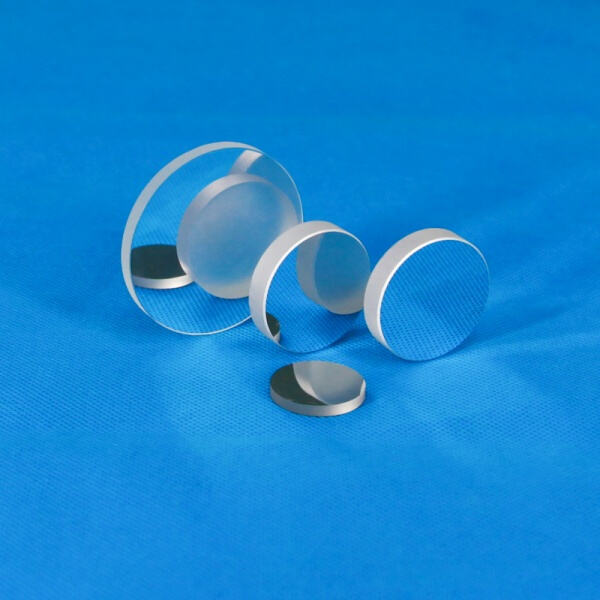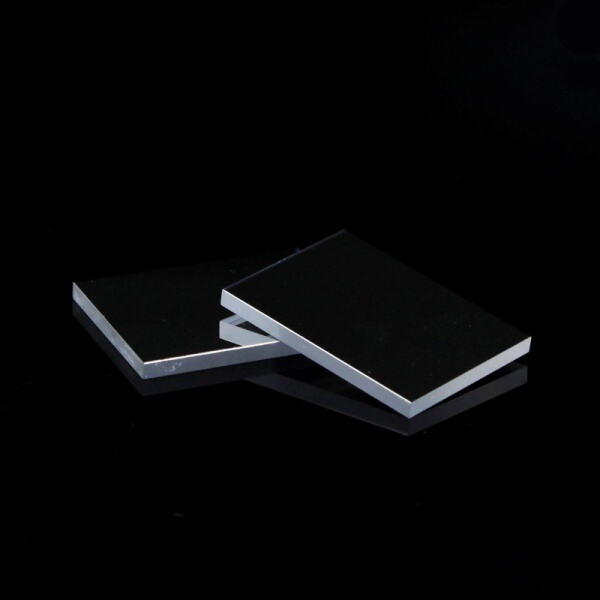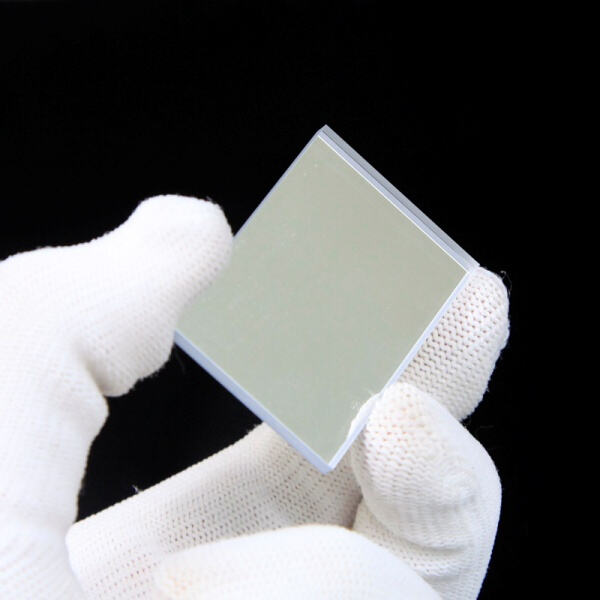
-
+86-156 60188203
[email protected] - Dazhai, Nanyang City, Henan Province China
- Mon - Sat 8.00 - 18.00 Sunday Closed

So, what are spherical mirrors and lenses? Commonly made from glass and a reflective coating, a mirror is a smooth and shiny surface that reflects light. You could have stood before a mirror in your bathroom to tease your hair or whenever you get dressed. Mirrors are all around us in our lives. Now, a spherical mirror uses a specially-curved surface. That means that rather than being flat, it curves down like a bowl. This curve causes the light that impacts it to bend around, which is able to make issues appear larger or smaller.
Now, let’s talk about lenses! A lens is a transparent piece of glass or plastic that refracts (bends) light that passes through it. A spherical lens is a special lens having the curved surface as well, similar to spherical mirror. This curved style helps bring out the difference and improve imagery. Well here is the fun part: pigs can also make things smaller or bigger or the other way around, depending on the angle you are looking at, like with mirrors!
Consider, for example, a concave mirror, which is a mirror that slopes inward. Such mirror can draw light into one focus point. This bending light thing is really important for devices like telescopes, which allow us to look at stars far, far away, and microscopes to look closely in small things like cells. Second, there are convex mirrors, which bulge outward. These mirrors scatter light in different angles. This dispersion of light is particularly useful for applications such as car headlights, which help illuminate wider areas ahead of the car at night.
Like spherical mirrors, the ideal thin spherical lens also has practical properties. One important property is called the refractive index. The refractive index is a number that tells you how much light bends as it passes through the lens. This is a very useful property as it gives us an insight about how spherical lenses can be used to rectify vision problems and to view things sharply.

The images formed by concave spherical mirrors or lenses are referred to as real images; In actuality, conjugate focus location not yet represented is generally nearer to the lens than the object. For instance, spherical mirrors will reflect light, and lenses will bend them. Mirrors reflect light, and they are able to make things appear larger or smaller depending on how the light is reflected, whereas lenses bend light when it goes through them, which causes them to make things look more or less clear!

A further key difference lies in the shape of the mirror or lens. What is a Spherical Mirror : A spherical mirror is a mirror that has a curved (either reflecting or lapping) surface. Lenses, on the other hand, have smooth surfaces, and can be biconvex (curved on both sides), planoconvex (flat on one side and curved on the other), or concavoconvex (curved on one side and flat on the other). These different shapes allow lenses and mirrors to perform individually unique tasks!

Finally, we will review a few of the key equations that which define how light behaves with such objects in the portion of physics known as spherical optics. A significant relationship is known as Snell's Law. This law provides us the insight into the nature of light when it strikes a surface. It has to do with the angle that light strikes a surface, relative to the angle light bends passing through a lens. This makes it imperative we know how lenses work.
Our company has sales and after-sales staff more than 60 employees. We vast expertise in import and export, and international cooperation. We serve than 30000 the spherical mirror and a thin spherical lens in than 80 countries.
The advantages our business is that we can customize optics the spherical mirror and a thin spherical lens customers ' drawings ranging from tiny to huge size, amount of models available online production species reached more than 400. We've got a great deal experience with various products processing customized, and the complete detection equipment
Nanyang Jingliang is optical component manufacturer covering area of 10,000 square meters. Our company is focused lens processing optical prisms manufacturing optical systems, and sales. We can fulfill all the spherical mirror and a thin spherical lens component needs
With ISO9001 well as China's New Technology Enterprise High the spherical mirror and a thin spherical lens Certificate, CE, SGS, our company more than 300 sets equipment and over 10 research scientists. We assure quality.
Copyright © Nanyang City Jingliang Optical Technology Co., Ltd. All Rights Reserved — Privacy Policy